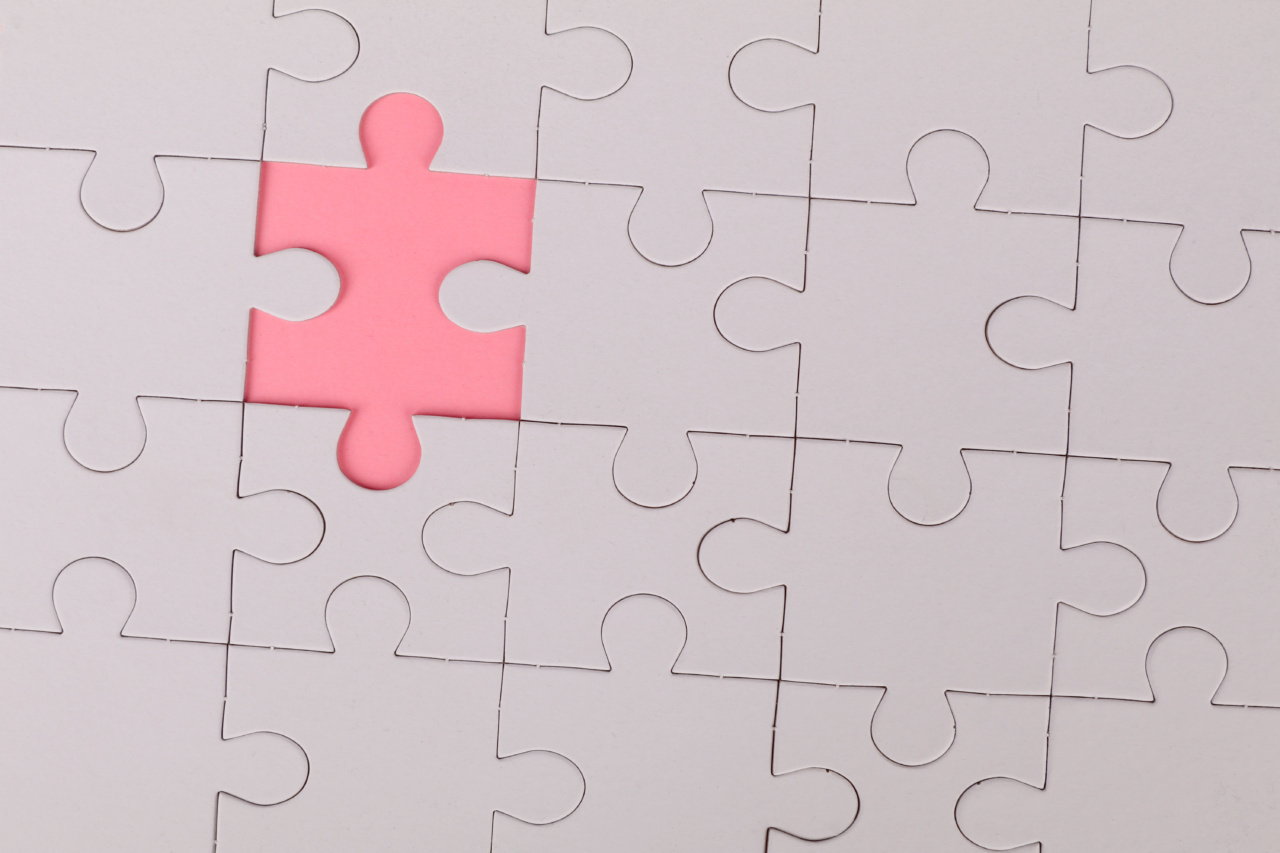Eating a balanced diet and exercising regularly are often considered the pillars of good health. However, many people overlook another crucial component – sleep.
While it may not seem directly related to healthy eating, sleep plays a crucial role in maintaining overall well-being and can greatly impact our dietary choices. In this article, we will explore the connection between sleep and healthy eating and uncover why sleep is the missing piece in the puzzle of a wholesome lifestyle.
The Sleep-Weight Connection
Research has consistently shown a strong link between inadequate sleep and weight gain.
When we don’t get enough restful sleep, our bodies tend to release higher levels of the hormone ghrelin, which stimulates appetite, and lower levels of the hormone leptin, responsible for regulating hunger and satiety. This hormonal imbalance can result in increased cravings for high-calorie and unhealthy foods, leading to weight gain and a higher risk of obesity.
Furthermore, sleep deprivation can disrupt the body’s metabolism. It impairs insulin sensitivity, which can lead to an increased risk of developing type 2 diabetes.
Irregular sleep patterns also affect the production of cortisol, a stress hormone associated with weight gain and metabolic disturbances.
The Impact on Food Choices
When we’re tired, we often rely on quick and convenient food options such as processed snacks, sugary treats, or caffeine to provide temporary energy boosts.
These choices not only lack essential nutrients but also contribute to weight gain and an increased risk of chronic diseases, including cardiovascular problems and diabetes.
Moreover, insufficient sleep affects the brain’s frontal lobe, responsible for decision-making and impulse control.
This impairment can result in making impulsive food choices and opting for calorie-dense, nutritionally poor foods instead of healthier alternatives.
How Lack of Sleep Affects the Brain
Studies have shown that insufficient sleep negatively impacts cognitive function, memory, and concentration. When we’re sleep-deprived, it becomes more challenging to make rational decisions and resist cravings.
The brain’s reward center becomes more reactive to unhealthy food cues, causing us to seek out and consume such foods more frequently.
Furthermore, poor sleep affects the brain’s ability to regulate emotions, leading to increased irritability and mood swings.
In such states, individuals are more vulnerable to emotional eating, turning to comfort foods high in fat, sugar, and calories for temporary relief.
The Role of Sleep in Hunger Hormones
Vital hormones that regulate hunger and satiety are profoundly influenced by sleep. As mentioned earlier, ghrelin and leptin play key roles in appetite control.
Lack of sleep disrupts the balance between these hormones, leading to increased hunger and a reduced feeling of fullness.
One study found that participants who slept for only four hours a night experienced a rise in ghrelin levels by 28% while experiencing a decline of 18% in their leptin levels.
Sleep deprivation also negatively affects the release of other hormones, such as growth hormone and cortisol, further contributing to an imbalanced appetite regulation system.
Tips for Improving Sleep Quality
With the understanding of the vital role sleep plays in maintaining healthy eating habits, it’s crucial to prioritize good sleep hygiene. Here are some tips to improve sleep quality:.
1. Establish a Consistent Sleep Schedule
Try to go to bed and wake up at around the same time every day, allowing your body to establish a natural sleep-wake cycle.
2. Create a Relaxing Bedtime Routine
Engage in calming activities before bed, such as reading a book or taking a warm bath, to help signal to your body that it’s time to sleep.
3. Optimize Your Sleep Environment
Ensure your bedroom is cool, dark, and quiet. Invest in comfortable bedding and consider using blackout curtains or earplugs if necessary.
4. Limit Exposure to Electronic Devices
Avoid using electronic devices, such as smartphones or tablets, right before bed. The blue light emitted by these devices can interfere with the production of melatonin, a sleep-regulating hormone.
5. Avoid Stimulants and Heavy Meals Before Bed
Steer clear of caffeine, nicotine, and large meals close to bedtime, as they can disrupt sleep patterns and digestion.
6. Stay Active During the Day
Regular exercise can promote better sleep quality. Engage in physical activities earlier in the day, as exercising too close to bedtime may interfere with sleep.
7. Manage Stress Levels
Implement stress-management techniques, such as yoga, meditation, or deep breathing exercises, to help promote relaxation and improve sleep.
Conclusion
In the pursuit of a healthy lifestyle, proper sleep should not be disregarded. Given its profound impact on our appetite, food choices, and overall well-being, sleep plays a crucial role in maintaining healthy eating habits.
Prioritizing good sleep hygiene and recognizing the interconnectedness of sleep and nutrition is essential for achieving overall wellness.






























